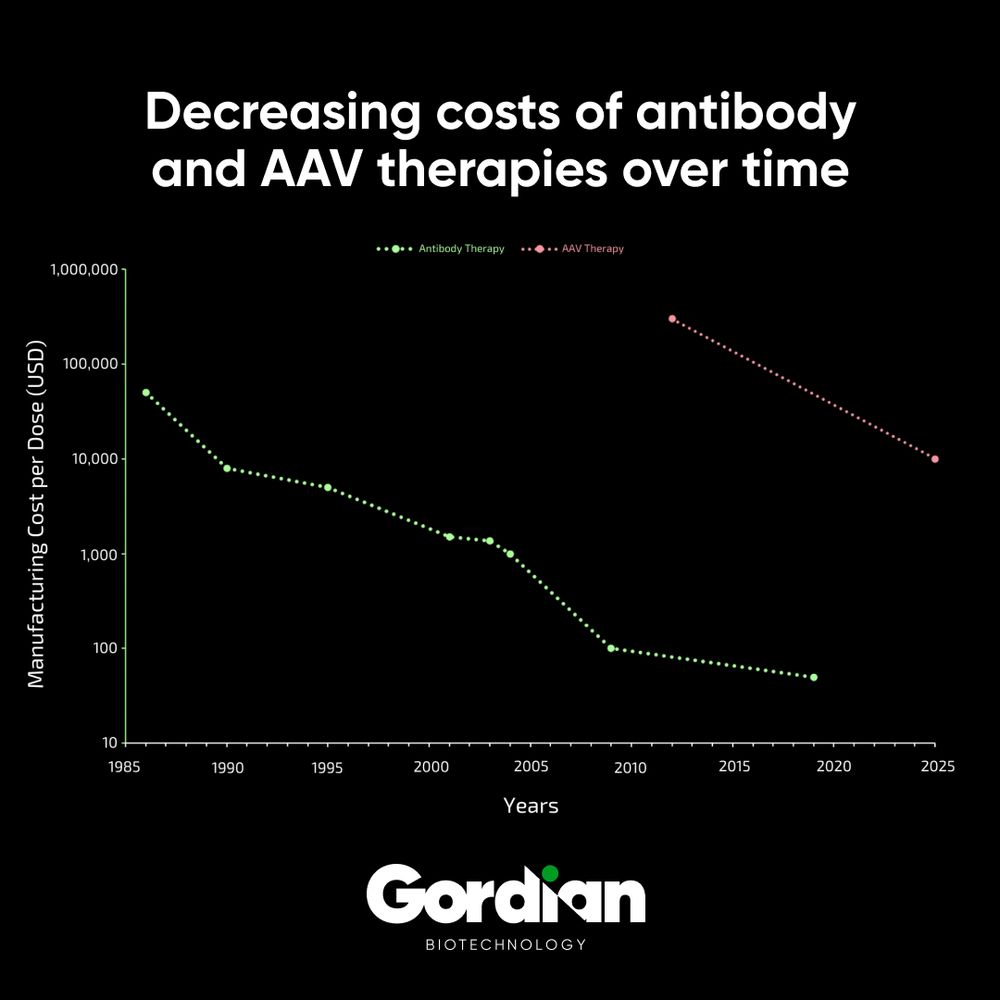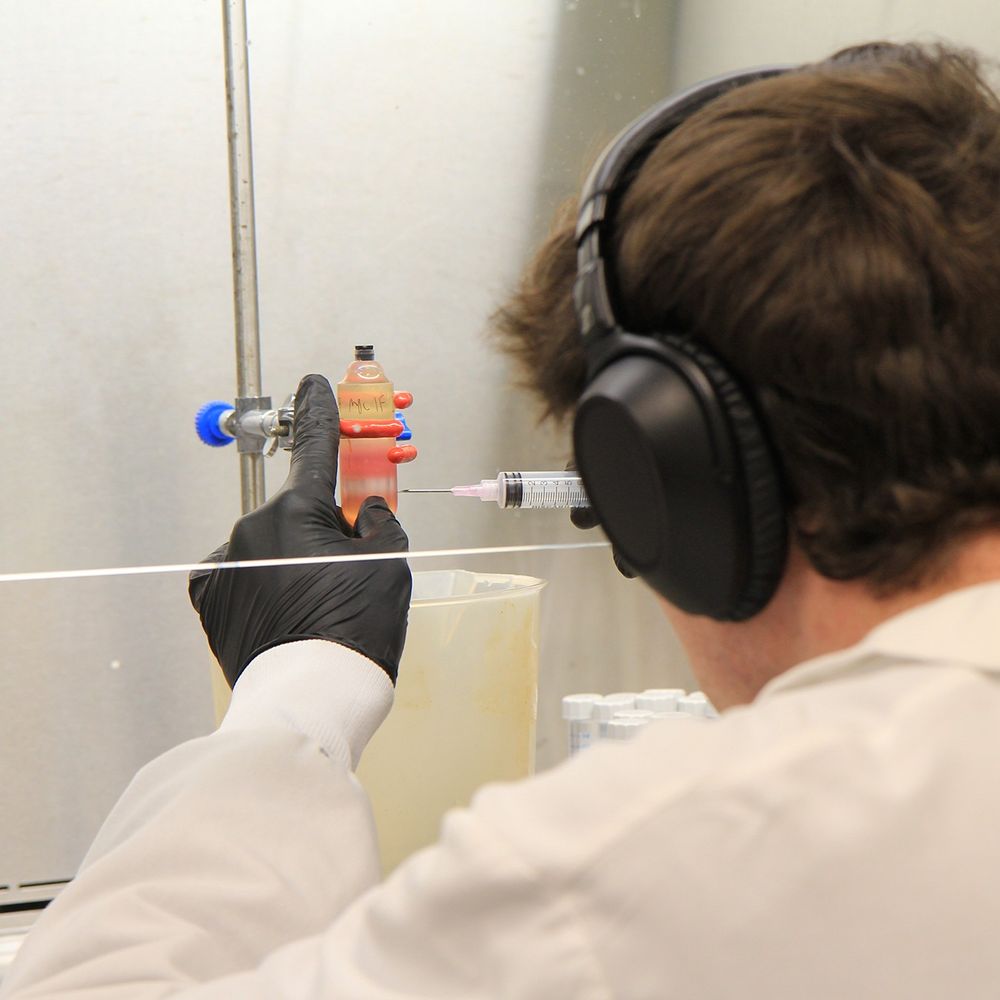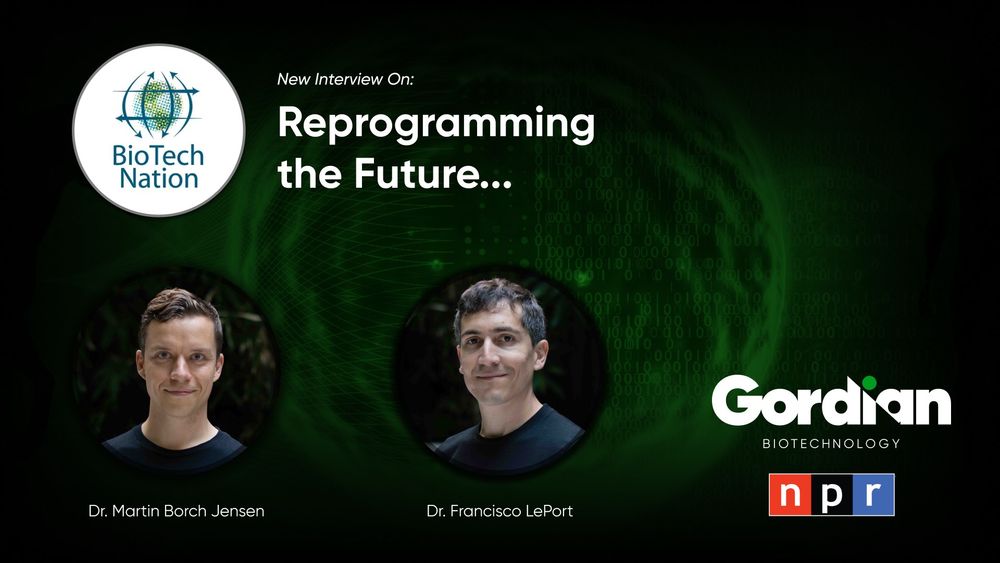Gordian Biotechnology
@gordianbio.bsky.social
43 followers
2 following
26 posts
Our mission is to cure age-related disease by moving successful therapeutics toward clinical trials within months, not years. #CreatingTime
Posts
Media
Videos
Starter Packs
Pinned
Reposted by Gordian Biotechnology
Vinay Kartha
@vkartha.bsky.social
· Jul 6



















